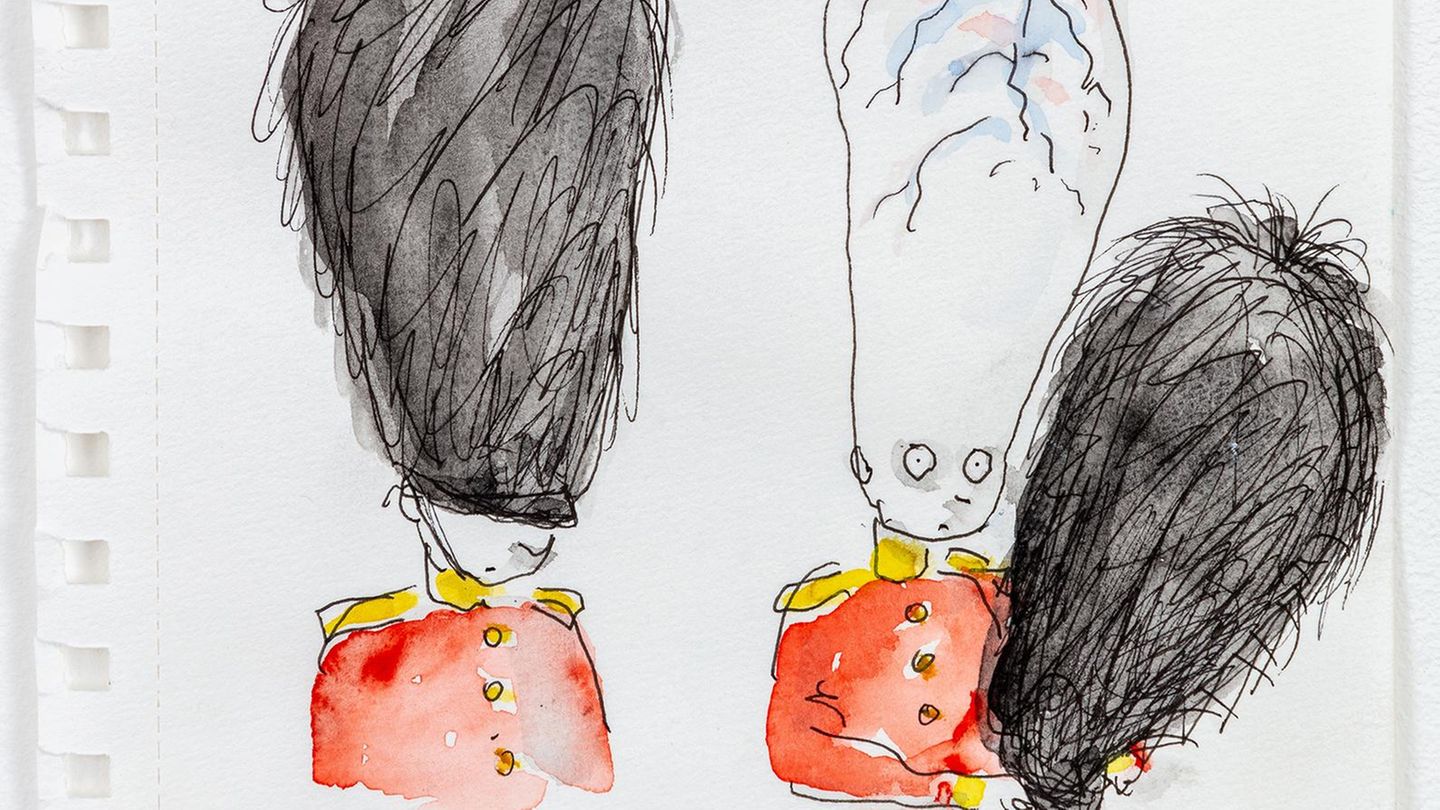In Argentina, widespread inflation and the persistent gender wage gap continue to complicate the outlook for working women. According to data from National Institute of Statistics and Censuses (INDEC), Women earn, on average, 28.3% less than men in similar positions. Added to this is the constant price crisis that has eroded purchasing power rapidly in recent years, disproportionately affecting households headed by women. Motherhood, in particular, adds an additional factor for many women, who are frequently forced to opt for jobs with lower hours, remuneration and/or professional projection in order to meet family responsibilities.
Claudia Goldin, recently awarded the Nobel Prize in Economics for her studies on female participation in the labor market, has explained that one of the main factors that perpetuate the gender wage gap is the lack of flexibility and material support for working mothers. . Goldin points out that, throughout their careers, women face a considerable pay gap due to motherhood, a phenomenon known as the “maternal penalty.”
What is the maternal penalty and how does it affect the economy of women?
The “maternal penalty” It is one of the many gaps that women face in the labor market. It refers to the negative impact that motherhood has on your income and possibilities for professional growth. While men do not see their careers affected by parenthood, women, especially mothers, are often excluded from promotions, face greater difficulties in being hired and, in many cases, are forced to accept lower-paid or more precarious jobs. This reinforces inequalities, since care and domestic tasks fall mainly on them, limiting their full labor participation and professional development.
Despite these barriers, the myth of “spending woman”an idea that underestimates the real contribution of women to the economy. According to Sabrina Castelli, founder and CEO of Mujer Financiera, although women earn less, they allocate close to 90% of their income to the well-being of their families, investing in education, health and care. Far from being a superficial expense, this consumption is a reactivator of the economy.
In this context, it is crucial that companies evaluate and redefine what type of support they offer to their workers, especially mothers. This is not just a symbolic recognition, but an opportunity to implement policies that promote equity and well-being with concrete effects. However, the reality in many Argentine companies is that benefits and support policies do not always respond to the real needs of working mothers.
woman work
Pixabay
Some companies are already making a difference. According to the Great Place to Work ranking 2024 Argentinaleading organizations have implemented innovative practices that foster more inclusive and equitable work environments for women. Among the notable ones, such as Arcos Dorados, Accenture, Pedidos Ya, Universidad Siglo 21 and DHL Exprés, among others, 69% of employees feel that they receive fair remuneration and benefits, compared to 45% of the market average. Additionally, 81% of female employees value special benefits such as extended leaves, flexible schedules, wellness programs and professional development opportunities, compared to the average of 55%. These results demonstrate that flexibility and benefits with an impact on the pocketbook not only promote equity, but also the well-being and satisfaction of women in the work environment.
Bonda, the bridge of benefits between companies and their collaborators
Against this backdrop, benefit platforms like Bonda can be key to reducing these inequalities and enhancing the well-being of workers, as it offers an innovative solution that allows companies to provide real support to their workers, especially mothers. Through programs of points redeemable for gift cards and significant discounts on items and brands of all types, companies can personalize benefits according to the specific needs of each collaborator.
According to what we have learned so far in 2024, The benefits most used by women are those that help relieve the pocketbook on a daily basis.. The loading of the SUBE card and the gift cards redeemable in supermarkets such as Carrefour and DIA top the list. This is followed by fuel consumption through YPF and the use of delivery platforms such as PedidosYa. In addition, interest in technology and appliances is reflected in options such as Frávega and Amazon. In terms of fashion and sports, brands such as Dexter and Solo Deportes are among the most valued, while coffee and grocery chains such as Havanna also stand out among preferences.
These benefits improve the well-being of workers in general, providing crucial support in their pockets in a complex context like the current one. But in particular, benefits such as those provided by Bonda become an essential tool for companies to support their collaborators, relieving economic and emotional pressure since they have the possibility and power to choose where to redeem. This, in turn, keeps the motivation and commitment of employees high, providing stability and security.
Additionally, Bonda encourages a more flexible and inclusive work environment. By allowing workers to select the benefits that best fit their personal situation, companies can improve the quality of life of their employees, thus increasing their satisfaction and work commitment. In a context where competition to attract and retain talent is a differentiating factor, although complex, companies that offer personalized benefits are in a better position to retain and attract talent, compared to those that do not.
In addition to offering economic benefits, companies can strengthen their commitment to gender equality through wellness policies that address the mental and physical health of their workers. For example, the Bonda wellness module provides access to meditation classes available 24/7, helping to reduce stress and improve quality of life, at any time. Likewise, offering workshops through our workshops for the development of new skills allows employees to aspire to better positions. To promote a culture of co-responsibility, companies should consider expanding paternity leaves, thus encouraging fathers’ support in parenting and easing the burden on mothers, for example.
Mother’s Day is a unique opportunity to reflect on the role that companies must play in promoting gender equality. It is not just about symbolic gestures, but about implementing concrete changes that benefit workers and, ultimately, companies. Bonda demonstrates how companies can support working mothers and reduce workplace inequalities.
Luciana Psenda is Marketing Manager at Bonda
Source: Ambito
David William is a talented author who has made a name for himself in the world of writing. He is a professional author who writes on a wide range of topics, from general interest to opinion news. David is currently working as a writer at 24 hours worlds where he brings his unique perspective and in-depth research to his articles, making them both informative and engaging.




